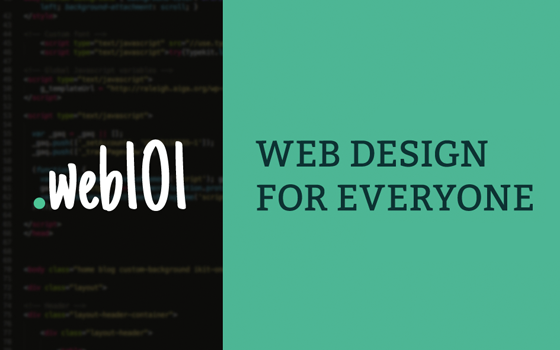
Last week, futurist Jamais Cascio wrote a post for his Fast Company blog called I Can See You, in which he talked a bit about how consumer technology has enabled an erosion of privacy. He withholds judgement on whether this is a good or bad thing, pointing out that while it may be unsettling to some that such a large amount of personal information could be gathered about you online, this shift has also empowered the public to document crime and hold authorities accountable in ways we were not able to before.
In a post I wrote in April called Your Profile is Not Private, and Other Seemingly Obvious Things, the concept of a “fuzzy big brother” came up in a reader’s comment in response to the idea that we are taking away our own privacy by putting so much personal information about ourselves online by using social networks like Facebook:
Tim Johnson We have this picture of Big Brother as an unpleasant, monolithic, dictatorial entity that overtly controls us against our will. The reality is Big Brother is a fuzzy, friendly little gnome we invited in ourselves, and we pay money to be controlled by. It’s easier than being free. Chris Butler I completely agree. In my post from last week about cloud computing and privacy, I looked at a talk given by Brad Templeton, who warned that we are making critical decisions in regard to our privacy and technology without really being aware of it. In the comments section we started a pretty good discussion about it, in which I remarked, “we could end up having made critical decisions in regard to privacy based upon benefits we see and experience now (i.e. free productivity tools, ease of use, compatibility, etc.) that may only have severely negative ramifications later. Perhaps another way of saying this is that we need to take a longer view of decisions like these, bearing in mind a potential cause and effect chain of events that may be two to three steps removed from the immediate result.”
I quote this because I think what we’re talking about here is enabling the “fuzzy” big brother that you mentioned, not the monolithic force we’re expecting will come along and subdue us against our will. Perhaps there’s some synergy in this, but this morning I saw a post about the 60th anniversary edition of George Orwell’s 1984, which showed a really nice cover design that seems to illustrate your interpretation of Big Brother rather nicely:
I like this cover illustration for 1984 because rather than an image that reinforces a monolithic controlling force, it indicates a collective ensemble of surveillance- much more akin to what we’re experiencing today. Being in the midst of it now, it’s hard to say how things will turn out: will enough individuals decide to withhold personal information in public online settings such that a larger conservative trend gains momentum, or will we all adapt to be more comfortable with transparency? I’m hesitant to predict either course, as both look attractive depending upon the context. As Cascio writes, in light of the Proposition 8 ruling, transparency no doubt looked very unattractive to those who financially supported the restriction on same-sex marriage once the law was passed and websites were put up mapping individuals that had made contributions to the cause. On the other hand, transparency looks very attractive in light of incidents like that in Oakland, California, in which citizens recorded the shooting of an apparently compliant man by a transit police officer.
What do you think?



